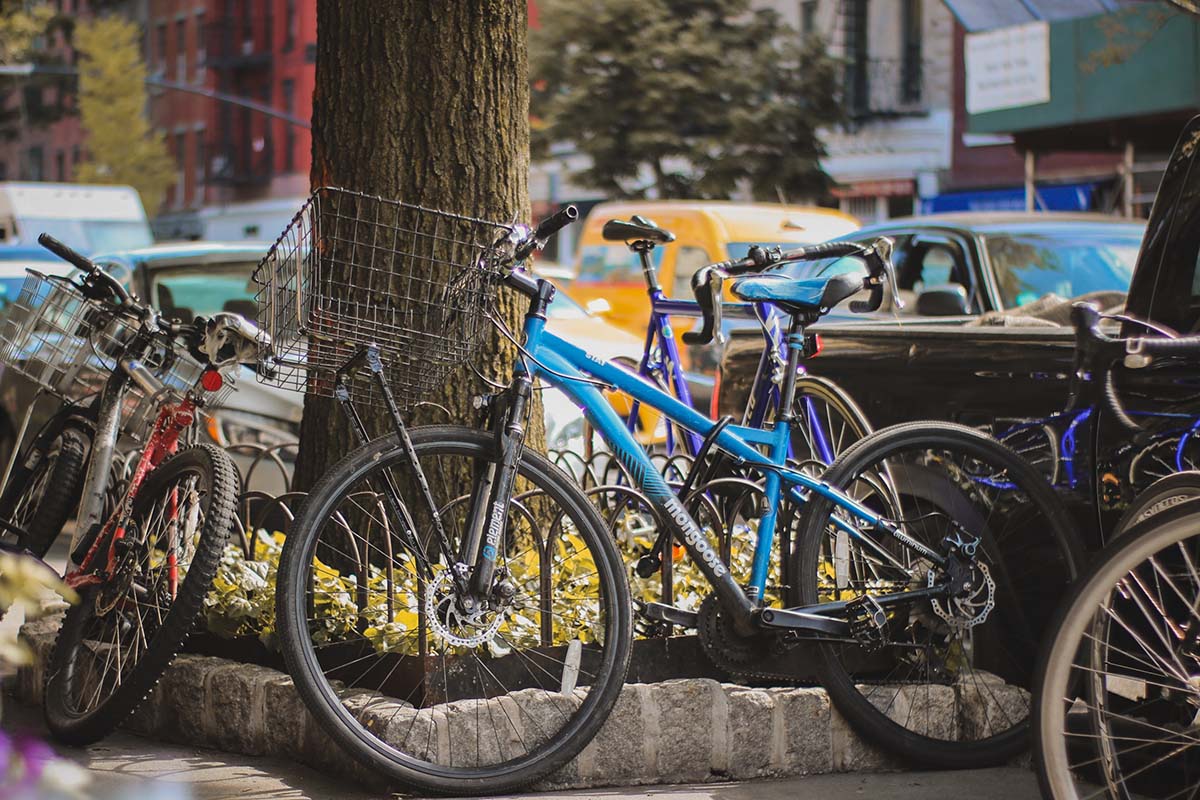Aditya Rakesh Wazir
In 1957, 57 percent of the Indian working population used bicycles to commute to the place of their work whereas today only six percent of the working population practices that. The decrease in the number of cycles on Indian roads has caused some major problems.
In just four major cities of India, traffic congestion causes liabilities worth $22 billion annually and because of the pollution caused by these vehicles, India ranks top in most polluted cities in the world by possessing 22 of the 30 most polluted cities in the world. In addition to this, the 230 million automobiles on Indian roads cause lot of accidents to which 1.5 lakh people fall victims annually and lose their lives with another 7 Lakh injured. Driving does not improve your health and as a result, the average health of Indian citizen is getting worse day by day.
In total contrast to our country is Netherlands where 90 percent of the population rides bicycles. There the traffic scenario is totally different; in the driver satisfaction index, the Netherlands ranks 1st, which means that the more cycles are there on the road the better it is for the driver. But Netherlands achieved it just not by putting more cycles on the road but instead, they wanted to develop a sense of confidence for the cyclists and they succeeded in doing so. They knew that the biggest concern for the cyclists were accidents and they countered it by constructing cycling lanes, not just beside major roads but they made a whole network of cycling lanes which let the people move throughout the city. This gave cyclists a huge boost and was very successful, to such an extent that 70 percent of the total trips in Hague and Amsterdam are made on cycles.
Thus, India should also try to make its roads bicycle-friendly and for doing so it would also have to construct a network of cycling lanes in its major cities which would also develop some confidence in its cyclists and would make them able to travel and move freely throughout the city, cycling roads are very easy to construct as they require. Very little space to construct and are of very high capacity than motor roads and due to practically no wear and tear caused by bicycles are very easy to maintain.
In addition to this, the Government should totally ban vehicular traffic in several high traffic regions of the country such as the two inner circles of the Connaught plaza and let people ride their bicycles or walk to their areas of interest. first of all, this would drastically improve the traffic conditions of that region and secondly, it would be better for the businessmen there as the people there would now have more time to patiently do their shopping.
The Government should also try to increase the number of cycles in the country and encourage people not to drive cars on certain days of the week and use cycles instead. People or the Government should give out cycles to the less prosperous sections of the society so that they could also enjoy cycling. We should also look forward to recycling our old cycles whenever we buy a new one to keep the prices of these cycles low and make this campaign more environment-friendly.
But the most important of all, children which were earlier the section of society which used to cycle the most now tend to ride gearless scooters which have now taken over the roads. These underage do not possess the necessary skills or stability for diving on the roads which makes them very dangerous for the other drivers on the road. Thus it is my plea to the concerned authorities to not let them drive and thus make the Indian roads better.
Cycles are one of the most efficient ways of transport with no dependence on fossil fuels and zero carbon emissions; cycles are very much beneficial for the country and personal self with the additional benefit of being space-saving to such an extent that in the space needed for parking 1 hatchback car we can park 10 bicycles. Thus, if all this can be done, it would drastically decrease our dependence on foreign fossil fuels, make the average health of our fellow citizens better, reduce the average pollution levels, drastically reduce traffic levels and make the environment around us more livable.
It would be a major step towards a developed India; a clean India; a pollution-free India; and a Better India.


